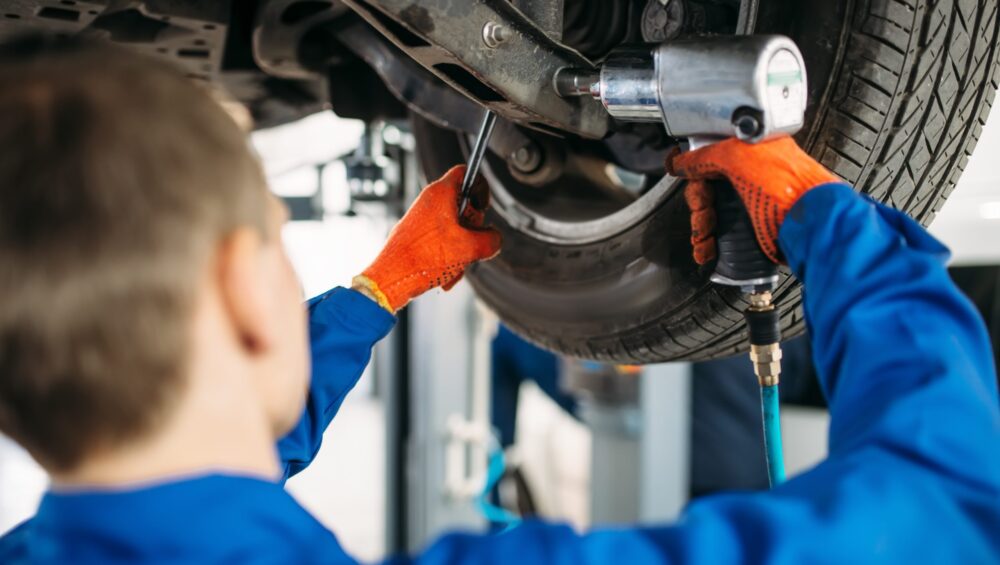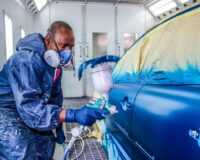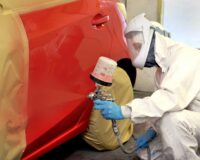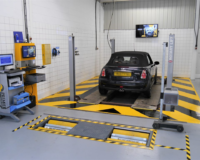After investing time and money in getting your vehicle repaired, it’s crucial to take proper care of it to ensure the longevity of the repairs and overall vehicle performance. Here are some key tips to maintain your vehicle after repairs:
1. Follow the Repair Shop’s Recommendations
- After your vehicle is repaired, your mechanic might provide specific instructions or recommendations. Whether it’s avoiding certain driving conditions, conducting follow-up checks, or using particular products, following these instructions can help prolong the effectiveness of the repairs.
2. Regularly Check Fluid Levels
- Ensure that your engine oil, brake fluid, coolant, and transmission fluid are at the proper levels. Low or dirty fluids can lead to serious issues down the line, so make it a habit to check and replace them regularly.
3. Inspect Tires and Maintain Proper Tire Pressure
- Properly inflated tires are essential for vehicle safety and performance. After repairs, inspect your tires for wear and tear, and maintain the correct tire pressure as recommended by your vehicle manufacturer.
4. Monitor for Unusual Sounds or Behaviors
- Pay attention to any unusual noises, vibrations, or changes in handling. If something doesn’t feel right, it’s important to get it checked out immediately to prevent minor issues from becoming major problems.
5. Keep Your Vehicle Clean
- Regularly wash your vehicle, especially after bodywork repairs, to protect the paint and finish. Cleaning your car also gives you a chance to inspect for any signs of rust or damage that may need attention.
6. Use Quality Parts and Products
- When replacing parts or fluids, opt for high-quality options. Cheap alternatives may save money upfront but can lead to more frequent repairs and reduced vehicle longevity in the long run.
7. Schedule Regular Maintenance
- Don’t skip scheduled maintenance such as oil changes, tire rotations, and brake inspections. Regular maintenance helps catch potential issues early and keeps your vehicle running smoothly.
8. Avoid Overloading Your Vehicle
- Carrying excess weight can strain your vehicle’s engine, brakes, and suspension. After repairs, be mindful of the load your vehicle is carrying to avoid putting unnecessary stress on it.
9. Drive Responsibly
- How you drive can significantly impact your vehicle’s longevity. Avoid aggressive driving, such as sudden acceleration or braking, as it can wear down your vehicle faster. Drive smoothly and maintain a steady speed to extend the life of your repairs.
10. Park in a Safe Environment
- Whenever possible, park your vehicle in a garage or shaded area to protect it from the elements. Sun, rain, and extreme temperatures can deteriorate your vehicle’s exterior and interior over time.
By following these tips, you can ensure that your vehicle remains in top condition long after repairs, maximizing the lifespan of both your vehicle and the repairs you’ve invested in.





3 Comments
This is exactly what i was looking for, thank you so much for these tutorials
It would be great to try this theme for my businesses
What a nice article. It keeps me reading more and more!